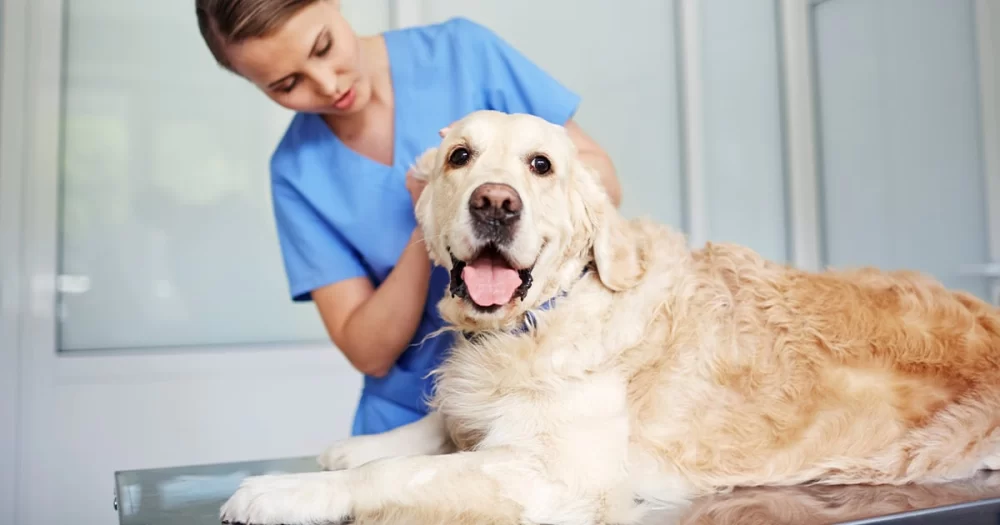- Understanding Kidney Function in Dogs
- Common Signs of Kidney Problems in Dogs
- Causes and Risk Factors for Kidney Disease
- Case Study: Early Detection Saving a Dog’s Life
- Professional Care and Prevention Tips
1. Understanding Kidney Function in Dogs
The kidneys play a vital role in maintaining a dog’s overall health. They filter waste products and excess fluids from the blood, regulate electrolytes, and help maintain blood pressure. When kidney function declines, toxins accumulate in the bloodstream, which can cause serious health complications.
Because dogs often hide illness symptoms until conditions become severe, recognizing early signs of kidney problems is essential. Early intervention can slow disease progression and improve outcomes.
1.1 How Kidneys Affect Canine Health
Healthy kidneys help regulate hydration, blood chemistry, and waste elimination. When kidney function is compromised, these processes falter, which can affect energy levels, appetite, and more. Understanding this biological foundation helps owners appreciate the urgency of kidney health awareness.
2. Common Signs of Kidney Problems in Dogs
Identifying signs of kidney problems in dogs early allows for prompt veterinary evaluation and care. Some common symptoms to watch for include:
2.1 Increased Thirst and Urination
One of the earliest and most noticeable signs is increased drinking and frequent urination. This happens because the kidneys lose their ability to concentrate urine, causing dogs to produce more dilute urine and drink more water to compensate.
2.2 Loss of Appetite and Weight Loss
Kidney issues can cause nausea and reduced appetite, leading to gradual weight loss. Dogs may also show reluctance to eat due to discomfort or toxin buildup.
2.3 Lethargy and Weakness
Toxic substances that the kidneys fail to filter can cause lethargy, weakness, and decreased activity levels. Dogs may seem unusually tired or unwilling to play.
2.4 Vomiting and Diarrhea
Digestive upset, including vomiting and diarrhea, is often linked to kidney disease as the body reacts to toxins and imbalanced electrolytes.
2.5 Bad Breath and Oral Ulcers
Uremia, a buildup of waste products in the blood, can cause foul-smelling breath and sores in the mouth, which are classic signs of advanced kidney disease.
3. Causes and Risk Factors for Kidney Disease
Kidney disease in dogs can result from various causes and risk factors. Understanding these helps in prevention and management:
3.1 Age and Breed Predisposition
Older dogs are more susceptible to kidney problems, and some breeds such as Bull Terriers, Dobermans, and Shih Tzus have a higher predisposition.
3.2 Infections and Toxins
Bacterial infections, exposure to toxins such as antifreeze or certain medications, and heavy metal poisoning can damage kidneys.
3.3 Chronic Conditions
Underlying diseases like diabetes, high blood pressure, and immune disorders can contribute to kidney deterioration over time.
4. Case Study: Early Detection Saving a Dog’s Life
Sasha, a 9-year-old Golden Retriever, was brought to Hidden Brook Veterinary after her owner noticed she was drinking more water and seemed tired. Routine blood work revealed early-stage kidney disease. With immediate dietary adjustments, medications, and close monitoring, Sasha’s condition stabilized, and she regained much of her energy and appetite.
This story highlights the importance of recognizing signs of kidney problems in dogs and seeking veterinary care promptly. Early detection made a significant difference in Sasha’s quality of life and longevity.
5. Professional Care and Prevention Tips
If you suspect your dog is showing signs of kidney problems, it’s critical to consult a veterinarian promptly. Hidden Brook Veterinary offers comprehensive diagnostic services and personalized treatment plans for kidney disease in dogs.
5.1 Regular Vet Check-Ups
Routine blood and urine tests can detect kidney issues before symptoms become severe. Early screening is especially important for senior dogs and high-risk breeds.
5.2 Diet and Hydration Management
A kidney-friendly diet low in protein and phosphorus, along with ensuring proper hydration, supports kidney function and slows disease progression.
5.3 Medication and Supportive Care
Depending on the disease stage, medications may be prescribed to control symptoms, regulate blood pressure, and manage complications.
Being attentive to the subtle signs your dog exhibits can save their life. Combining your observations with expert veterinary care from places like Hidden Brook Veterinary offers the best chance for your dog’s kidney health and overall well-being.












